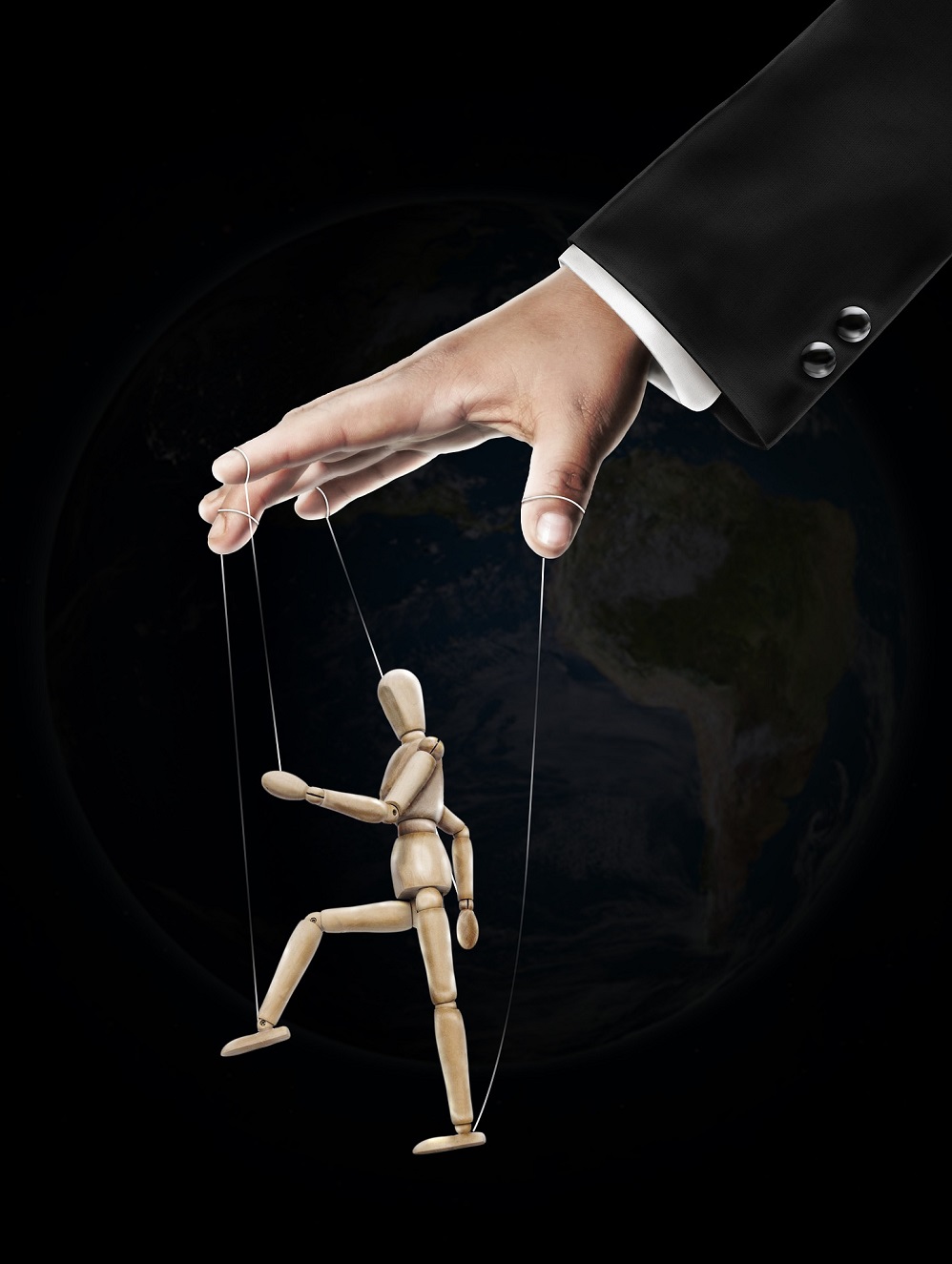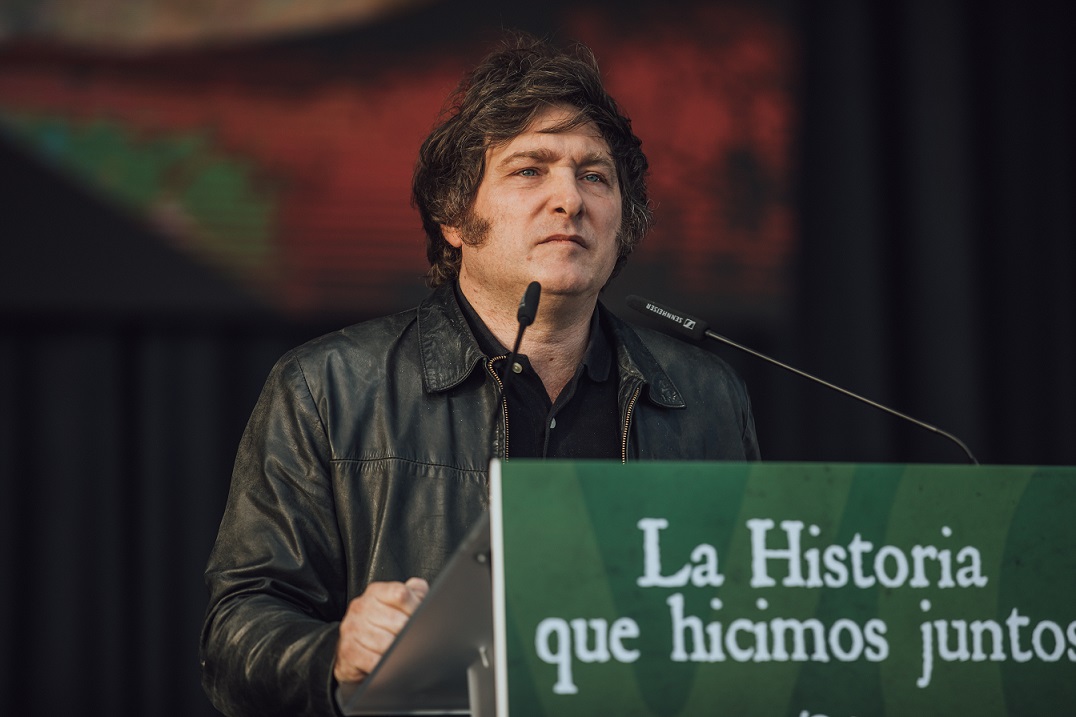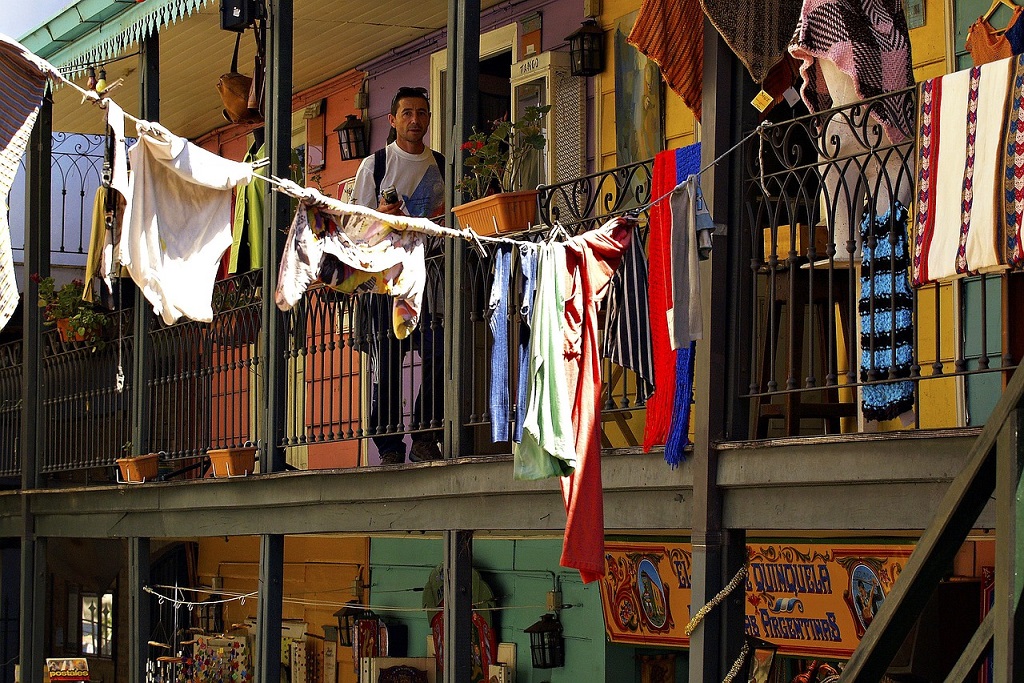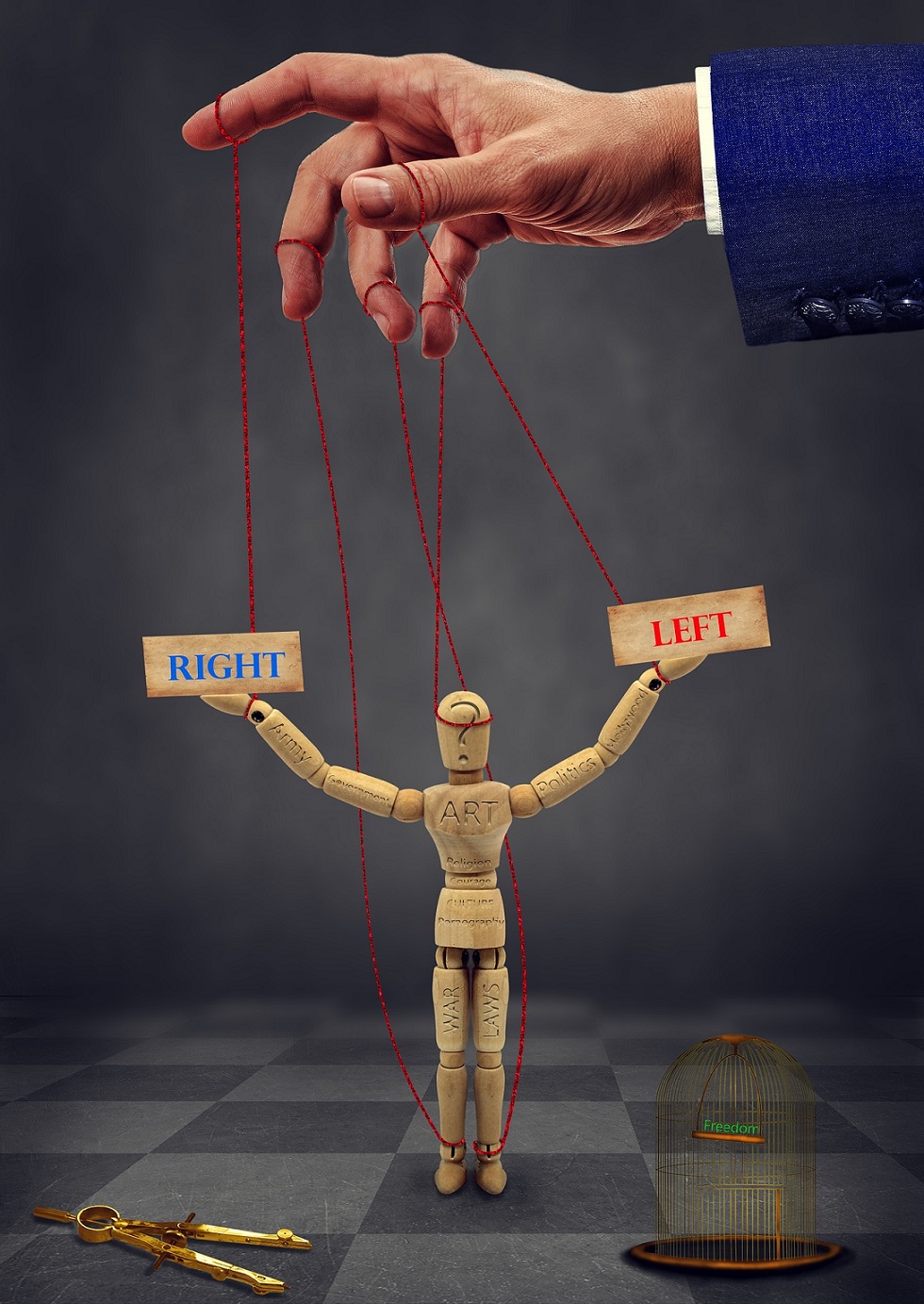In the current circumstances, Milei is trying desperately to show strength and hide his political and institutional weakness at a time when he is testing his strength in parliament and in the justice system.
 Of around a thousand laws that he decided to eliminate or modify, he is going to manage to have some approved but the majority are likely to be rejected. The future scenario has been framed by the recent general strike and national mobilisation which marked a before and after for this government.
Of around a thousand laws that he decided to eliminate or modify, he is going to manage to have some approved but the majority are likely to be rejected. The future scenario has been framed by the recent general strike and national mobilisation which marked a before and after for this government.
A period of strong confrontation will start from now on, not necessarily violent because there are not the forces to sustain it. The government is trying to bring two thousand personnel onto the streets to repress confrontation, but there is not a unified opinion in the armed forces about the attitude to take. Whatever happens, the social climate will become more difficult in the next few months with a high level of conflict.
Milei is making every possible effort to hold back inflation, because he knows his ability to control it or not will determine his future.
It is known that a prolonging of the crisis will radicalise society’s most advanced sectors in a situation of poor prognosis because Argentinian history is full of violent mobilisations that have unseated presidents. Equally, the crisis could allow the reorganisation and regrouping of peronism, now under new leaders such as the three individuals previously mentioned.
Hypothetical futures
Four hypotheses exist of what could happen in Argentina in the near future:
The first is the least probable, although it could happen if any leader of the traditional right allied to Milei (such as Mauricio Macri or the former Peronist leader Miguel Ángel Pichetto) manages to penetrate the president’s inner circle or convinces him of the need for dialogue. This becomes likely if the allies note Milei’s “suicidal” acts and try to save some parts of the proposed legislation, particularly where it is related to fiscal stability, leaving everything else for parliament to handle.

In this way, they could “save” the president from a parliamentary vote likely to be overwhelmingly against. One of his most important allies (the Radical party) is against privatisation of state-owned enterprises, and there are even sectors that have started to abandon the president showing that the power bloc is not solid.
But it seems unlikely because at this stage Milei is persisting with a hardline narrative which plays at all or nothing even though the polls show his support is decreasing. The second hypothesis is that once the massive size and strength of the general strike on 24th January (in which around 1.5 million citizens all over the country participated, making it one of the biggest in history) is demonstrated, undecided sectors, many of which voted for Milei but regret it now, will join the large opposition contingent which is growing by the day.
It is anticipated that at the end of February (when negotiations of equals between employers and workers will take place) there will be a second devaluation, resulting in the bringing together of a gigantic opposing front leading to Milei’s resignation. The new school year starts in March and families will find themselves facing the necessary shopping, feeling the effects of price rises.
Foreseeing this situation, former president Macri has already spoken to vice-president Victoria Villarruel so she is ready to assume the presidency.
 In the event this hypothesis occurs, it would really be a disguised coup d’état, which in practice would lead to an even worse situation because Villarruel is to the right of Milei which, though difficult to understand, is a reality in Argentina today.
In the event this hypothesis occurs, it would really be a disguised coup d’état, which in practice would lead to an even worse situation because Villarruel is to the right of Milei which, though difficult to understand, is a reality in Argentina today.
The only thing that could prevent a radicalisation of the conflict would be, with the IMF’s help, Milei’s proposal being consolidated in the short term, holding back inflation and gaining credibility. That is where he is focusing his efforts. The IMF has already given him 4.7 billion dollars but it is money that will not even enter the national coffers as it will have to be used for debt repayments. This is the reason Milei travelled to Davos seeking support but his speech, while well received by the business world, was overwhelmingly rejected by governments.
The third option is that faced with Milei’s stubbornness, there is a rapid deterioration in his image and a loss of popular support leading to the parliamentary blocs agreeing a radical legislative measure that forces Milei and Villarruel to resign and the calling of a Legislative Assembly that designates an interim president, while fresh elections are called within a short time period. This is a constitutional mechanism that was used in 2001.
 The fourth option, though this is very unlikely. Given the deep crisis Argentina finds itself immersed in and considering the dynamics the president is injecting into the political and economic context, and which have hindered the consolidation of a real power bloc, some parties in the alliance start to abandon it.
The fourth option, though this is very unlikely. Given the deep crisis Argentina finds itself immersed in and considering the dynamics the president is injecting into the political and economic context, and which have hindered the consolidation of a real power bloc, some parties in the alliance start to abandon it.
In this case Milei could try to “fall standing” saying that he had attempted change but had not managed it and could try an exit in the style of Fujimori in Peru in 1992, dissolving parliament and assuming all powers of state. In this situation, an actor impossible to ignore is the United States. Washington is making its greatest effort in the control of the armed forces and security services. The armed forces are divided in their support for Milei, there are business groups, sects and families all united around the corruption that brings substantial resources destined for the acquisition of weapons. The United States embassy is acting on this logic.
In the political sphere, the embassy is remaining in the government’s orbit although officially it has not interfered either in arms or in civil service appointments. This follows Milei’s distance from Biden and his closeness to Trump. On the other hand, not even the United States has managed to penetrate the inner circle of an Argentinian president who does not let people in, is very pro-US but very close to Trump. The White House is wary of Milei and “frightened” by what could happen.
 But Trump has kept his distance. He was very annoyed that during Milei’s visit to the United States – at a meeting arranged by the Zionist lobby – he met and was photographed with former president Bill Clinton.
But Trump has kept his distance. He was very annoyed that during Milei’s visit to the United States – at a meeting arranged by the Zionist lobby – he met and was photographed with former president Bill Clinton.
In another sphere, it is to be expected that relations with China “remain frozen”, in other words they are not going to break but nor will they progress. After having received the Taiwanese representative in an imprudent act fruit of her ignorance, foreign minister Mondino was obliged to receive the Chinese ambassador, explain herself and reiterate Argentina’s support for the “One China” policy.
This happened after pressure from the business sector which reacted with real “hysteria” to what they called the government’s major blunder.
(Translated by Philip Walker – Email: philipwalkertranslation@gmail.com) – Photos: Pixabay












.jpg)












